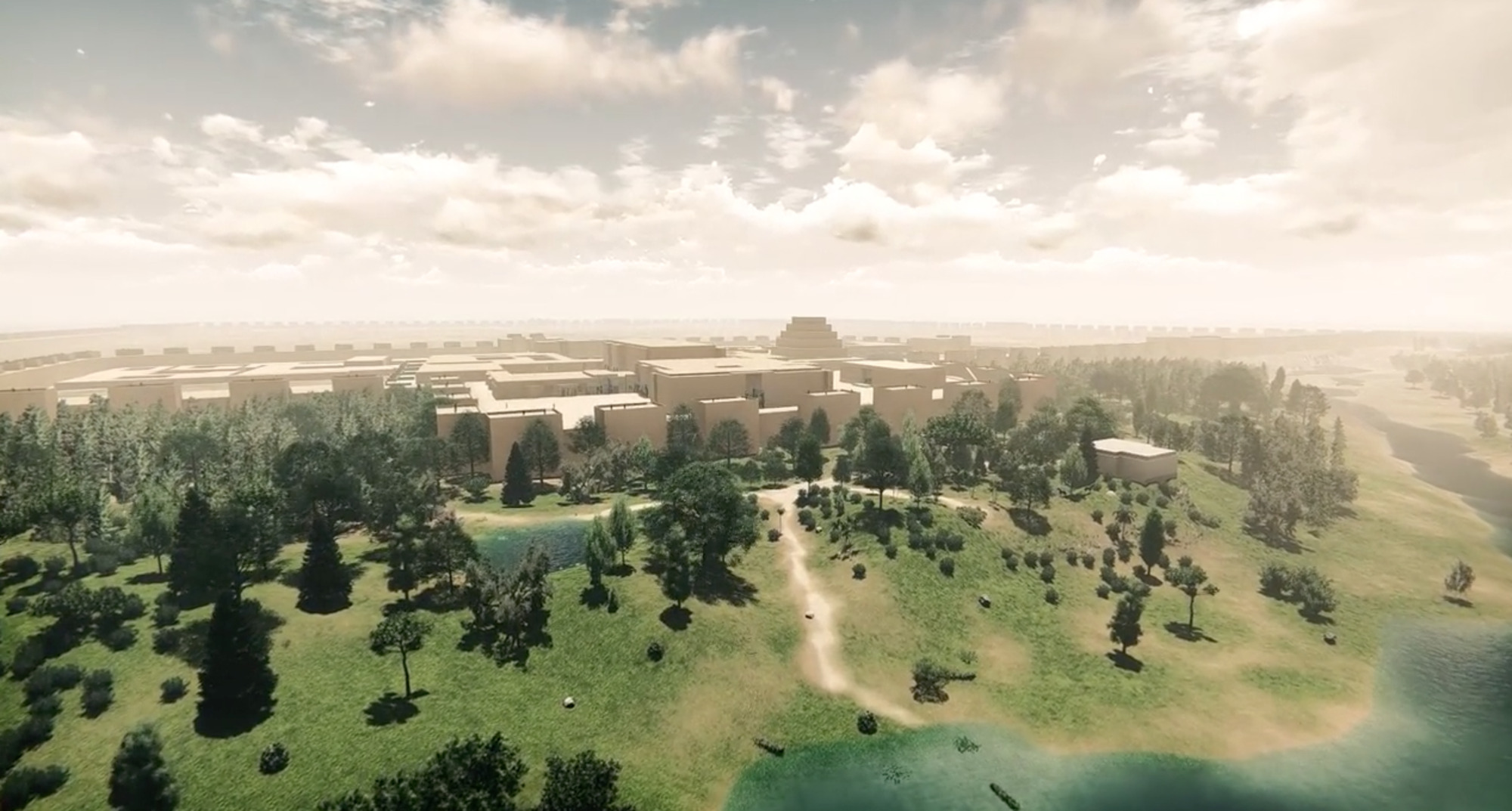
The war in Iraq from 2003 to 2011, and then the activities of the terrorist group Islamic State from 2014, turned the archaeological sites of Assyria into a high-risk zone.
Deliberate destruction
In the spring of 2015, the sites of Nimrud, Nineveh (Mosul) and Hatra were deliberately destroyed and the images, broadcast as part of a propaganda campaign, sent shockwaves through the heritage world. The Iraqi Ministry of Tourism and Antiquities now fears for the preservation of Khorsabad as the site is vulnerable to looting.
Illicit trafficking of antiquities
The international community has joined forces to combat the illicit trafficking in antiquities. Since the trafficking networks stretch from Iraq to the West, it is vital that the countries affected cooperate to bring it to an end. In France, the Office central de lutte contre le trafic de biens culturels (OCBC) works to intercept trafficked antiquities. It is supported in its task by Unesco, and the International Council of Museums (ICOM) publishes regularly updated red lists of cultural objects at risk which present the categories of cultural objects that may be subjected to theft and trafficking.
50 proposals made by France
In November 2015, Jean-Luc Martinez, President-Director of the Musée du Louvre, presented a report to the President of the French Republic, François Hollande : 50 French recommendations to safeguard the heritage of humanity. It outlines the scope for action in the field of culture, from standardised control practices in Europe to the integration of academics and scientists from Iraq and Syria into research structures.
